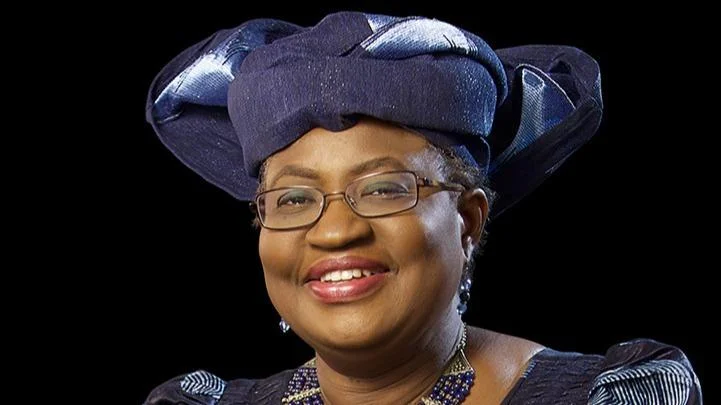Antigua and Barbuda has officially accepted the Agreement on Fisheries Subsidies, marking a significant step towards safeguarding marine resources. This commitment, announced by DG Okonjo-Iweala, underscores the importance of marine resources to national economies. Okonjo-Iweala stated, “By depositing its instrument of acceptance, the government of Antigua and Barbuda is signalling its strong commitment to safeguarding marine resources and the livelihoods of its people.” She further noted that only 16 more acceptances are needed for the Agreement to take effect.
Hon E P Chet Greene, Minister of Foreign Affairs, Trade and Barbuda Affairs, emphasized the nation's dedication to sustainable marine resource use. According to Greene, “Antigua and Barbuda's deposit of its instrument of acceptance of the WTO Agreement on Fisheries Subsidies reaffirms our nation's commitment as a small island developing state to multilateralism and to the sustainable use of marine resources. It also demonstrates our unwavering support for the 2030 Sustainable Development Agenda and our recognition of the importance of the fisheries sector to food security, people's livelihoods and resilience building.”
The Agreement on Fisheries Subsidies was adopted at the WTO's 12th Ministerial Conference in Geneva in 2022 and aims to set binding rules to curb harmful fisheries subsidies. It prohibits subsidies for illegal, unreported, and unregulated fishing, fishing overfished stocks, and fishing on unregulated high seas. The Agreement also caters to developing economies by establishing a fund for technical assistance and capacity-building.
Members of the WTO have agreed to continue negotiating the remaining issues related to fisheries subsidies to strengthen the Agreement's disciplines further.
Formal acceptances from two-thirds of WTO members are required for the Agreement to enter into force. With Antigua and Barbuda's acceptance, the number of remaining acceptances needed is reduced to 16.

